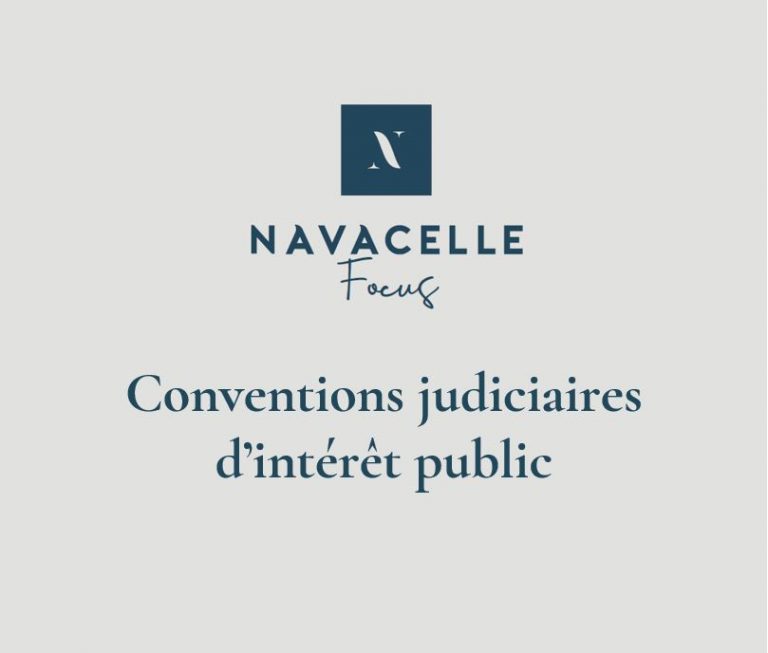On June 27, 2018, the criminal chamber of the French Supreme Court (Cour de Cassation) 1 held that criminal courts must consider the principles of necessity and proportionality when ruling on the seizure of property acquired by lawful and unlawful funds.
This ruling comes pursuant to the legislator widening the scope of the legal application of seizure of property to include property which amounts only in part to the object or direct or indirect proceeds of the offence2 – leading to a potential infringement of the fundamental right to property3.
Examining the challenged investigating chamber’s decision (chambre de l’instruction) to seize company property as the proceeds for the offence of illegal acquisition of interest, the French Supreme Court ruled on several aspects.
Firstly, considering the difficulty to identify the proceeds for complex offences, the Court reasserted the necessary loose interpretation of “proceeds”. In the case at hand, the Court held that the proceeds were the company benefits from the litigious transaction rendered possible by the initial fraud.
Secondly, the Court reiterated that is not required to state the grounds when ruling on the seizure of property constituting in its entirety the proceeds or object of the offence or when ruling on the seizure of the equivalent value of the proceeds of the offence.
The French Supreme Court however ruled that the investigating chamber should have considered the principle of proportionality when ruling in favor of the seizure of property that only constituted in part the proceeds of the offence – because partially acquired with lawful funds.
A second ruling on the same day by the French Supreme Court4 identified the conditions to be verified for the seizure of property acquired by lawful and unlawful funds. The judge must establish the seizable nature of the property in accordance with the legal requirements, the disclosure of the nature and origin of the property and the basis of the measure and the demonstration where appropriate, of the necessity and proportionality of the infringement of the accused’s right of ownership.
Criminal courts must now demonstrate their assessment that the seizure – be it at the investigation or at the adjudication stage and in any event, before its authorization – of the part of the property that does not constitute the proceeds of the offence is a proportional infringement of the accused’s property rights.
If it were to be considered an unwarranted infringement, remains the difficulty that real estate acquired by legal and illegal funds cannot be subject to partial criminal seizure. This lays the ground for potential substitution of seized property by other assets of estimated equal value to the proceeds of the offence.














